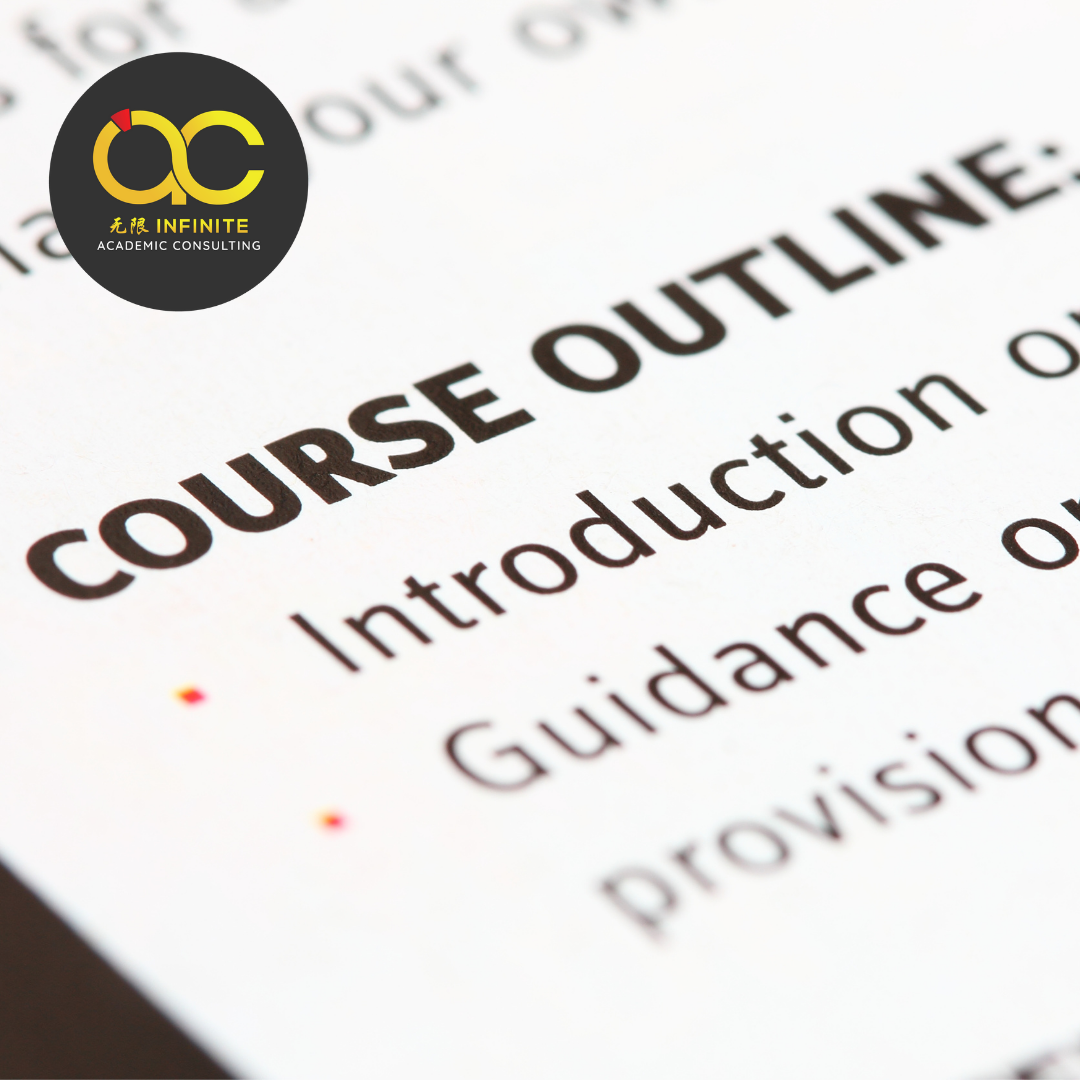
Writing a long as essay is something that is quintessential to any university degree. No matter if you are a BSc student or a Math major, you are bound to take other elective courses/general education that contain one or more writing components. If writing is not your cup of tea or you are confused as to how you can produce an amazing essay, look no further!
1. Know the science of writing
Unless you are doing creative writing or jotting down a personal diary, academic writing in itself is a methodical process, AKA a form of science. It has a clear structure you should follow, it has a formula that is hidden in plain sight.

2. Understand what the learning objectives are
We don’t give students assignments just for fun (occasionally we might, that is). We have a learning outcome for our students to achieve. The essay questions/topic that you are given is not unfamiliar to you. All it takes is a little digging here and there to figure out what exactly your lecturer is trying to coax out of you! If in doubt, revisit the syllabus for the learning outcomes!

3. Read the bloody rubric
This is not a secret at all! When I was studying at the university, there were no rubrics back then; it made essay writing so much harder to gauge and to plan for. As rubrics are common with writing assignments these days, you should always use them wisely! Think about rubrics as the direct path that will lead you to good grades. If someone has already laid down the path and telling you to walk it, there’s no reason you should feel lost.
4. Use calculation to your advantage
No matter if it is a 1000 word or a 5000-word essay, you can mathematisise your way out of it. This is where the method/science-y thing comes into play. My go to has always been the golden percentage – 10% on intro, 10% on conclusion, and 80% on body paragraphs. You can always slightly adjust this to 15%+15%+70%. Once you know the percentage, then you can work out the rough word count you need for each section. Another step to ensure a structurally sound essay is to plan out how many points you will need for your body paragraph based on the word count you have just calculated.

5. Have an outline
In my years of teaching and writing, I cannot stress enough how important an outline is to an essay. Having an outline is like having a google map with a set destination. It tells you when to turn left when to turn right, and it also tells your readers that too. Not having an outline risks creating a convoluted and waffly piece of writing that no one will enjoy.

6. Follow the structure
Most science/humanities essays follow a basic structure. It really is simple. All you need to have is an introduction, a body, and a conclusion. A bigger writing project will have extra bits such as an abstract, a methodology section, research findings, and a discussion part. As long as you have the basic holy trinity of intro, body and conclusion, you are sweet as mate.
